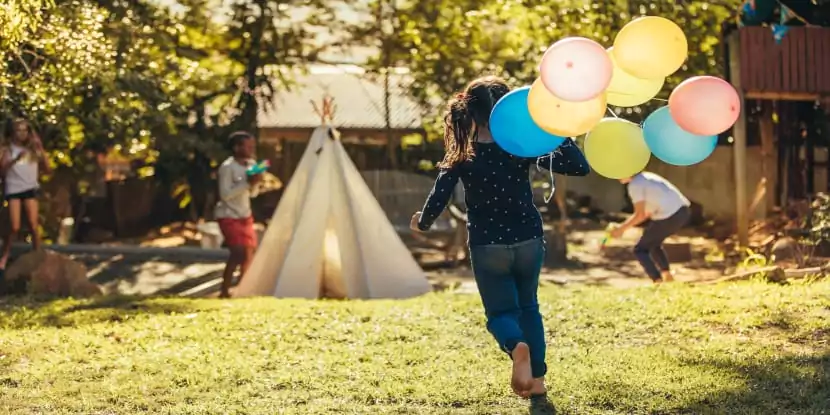Mosquito Joe® Blog
Shared Resources for Your Pest Control Needs

EPA PESP Gold Member Status: A Milestone in Environmental Stewardship
We’re thrilled to announce that Mosquito Joe has achieved Gold Status within this program, a prestigious recognition reserved for “outstanding environmental stewards.
Showing 0 Results for Rat Control
Blog Category
About Mosquito Joe®
Since 2010, Mosquito Joe® has provided mosquito and pest control services for residential and commercial customers nationwide. Our team of trained pest control experts is dedicated to getting rid of mosquitoes and other pests so you can make outside fun again. Our team of trained field professionals knows how to get the job done swiftly and thoroughly, leaving a noticeable absence of biting insects.
